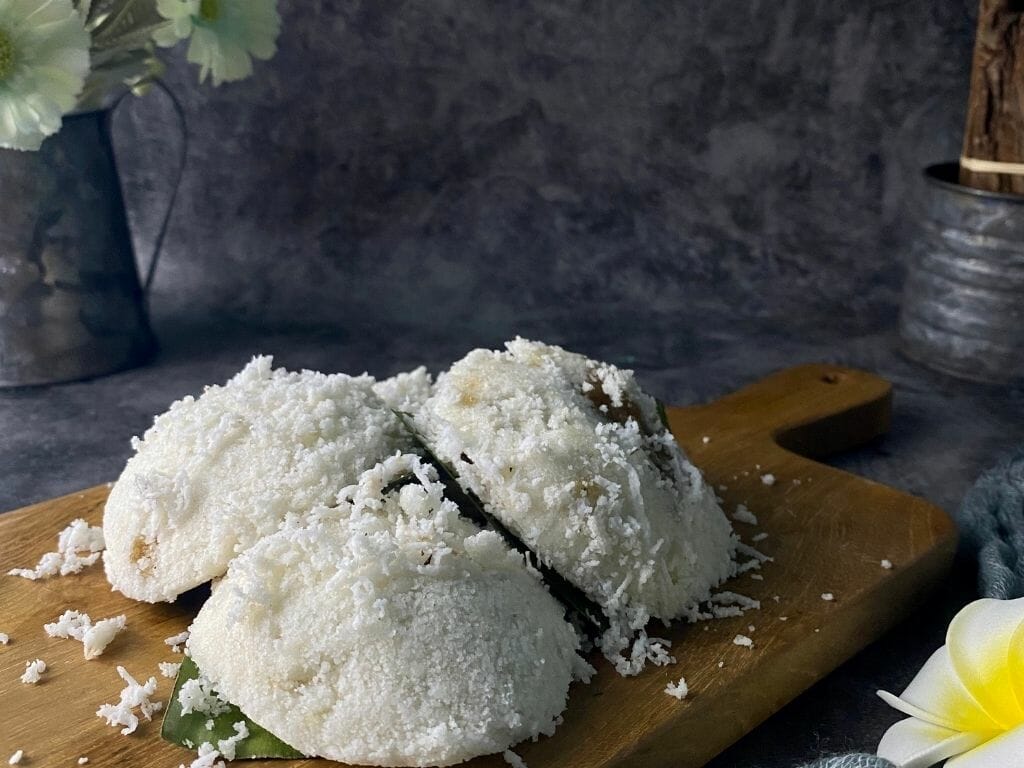10 Things We Bet You Didn’t Know about Putu Piring
Introduction
Putu Piring—this simple yet delicious dessert has been a staple in Singaporean culture for generations. Made from steamed rice flour filled with palm sugar and often accompanied by grated coconut, Putu Piring is more than just a sweet treat; it’s a symbol of tradition and unity. But how much do you really know about this local delicacy? In this article, we delve into 10 fascinating facts that will make you see Putu Piring in a whole new light.
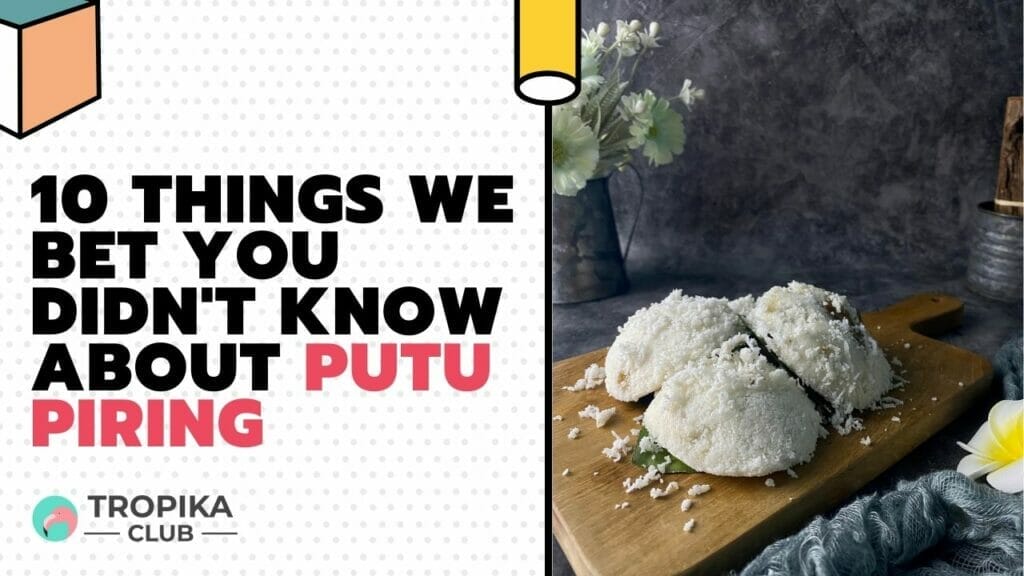
Table of contents
- Introduction
- No Time to Read? Here’s a Snappy Summary of This Article
- 1. The Origin Story
- 2. The Art of Preparation
- 3. Cultural Significance
- 4. Variations Across Regions
- 5. The Perfect Pairing
- 6. Street Food vs. Fine Dining
- 7. The Health Benefits
- 8. The Role of Technology
- 9. The Global Appeal
- 10. The Future of Putu Piring
- Conclusion
- Meanwhile, Check Out Tropika Club’s Ecosystem of Websites
No Time to Read? Here’s a Snappy Summary of This Article
- Sweet Surprise: Putu Piring, a delectable Indonesian treat, is a steamed rice cake filled with palm sugar, unveiling a sweet surprise.
- Historical Roots: Originating from Java, Putu Piring boasts a rich history, representing a cultural fusion of flavors and traditions.
- Artisanal Craftsmanship: Skilled artisans use bamboo tubes to mold and steam this delicacy, showcasing a unique culinary craftsmanship that spans generations.
- Aromatic Allure: Infused with pandan leaves, these little cakes release an enticing aroma that captivates taste buds before the first bite.
- Modern Twists: Contemporary chefs are reinventing Putu Piring with creative twists, experimenting with diverse fillings and presentation styles for a fresh culinary experience.
- Global Spread: Once a local delight, Putu Piring has transcended borders, gaining international acclaim as a must-try dessert, loved by food enthusiasts worldwide.
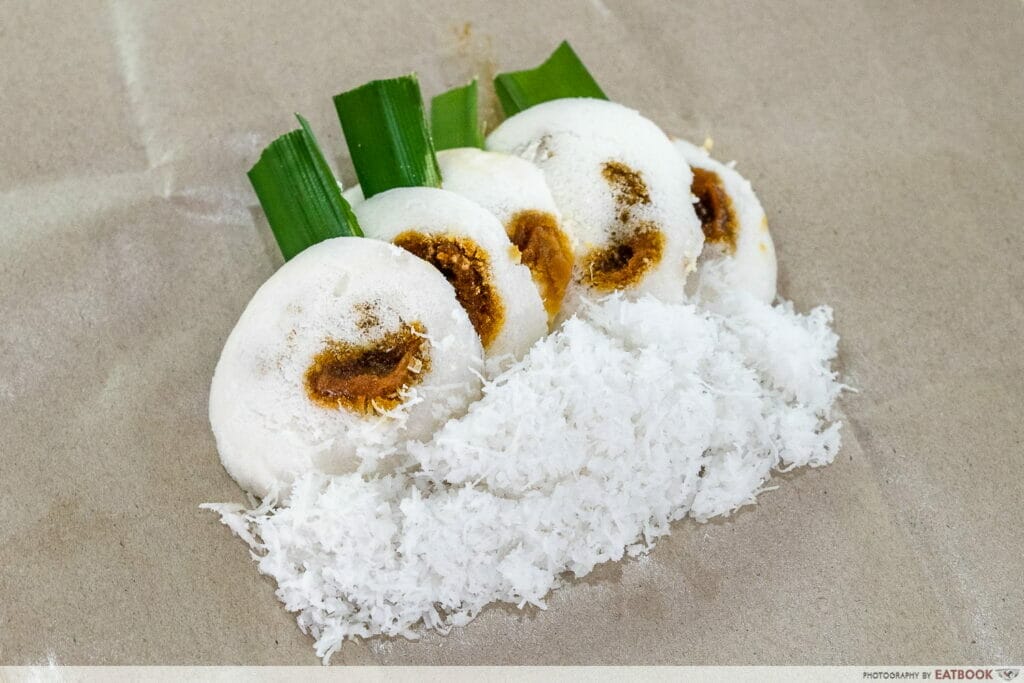
1. The Origin Story
Putu Piring has a rich history that dates back to the early 20th century. While it’s a popular dessert in Singapore, its roots can be traced back to Indonesia. The dish was brought to Singapore by immigrants and quickly became a hit. The name “Putu Piring” itself means “rice cake” in Malay, highlighting its foundational ingredient.

2. The Art of Preparation
Making Putu Piring is no simple feat. It requires a delicate balance of ingredients and timing. The rice flour must be perfectly steamed to achieve its soft, fluffy texture. The palm sugar filling should be neither too sweet nor too bland. And let’s not forget the grated coconut, which adds a layer of complexity to the dish.
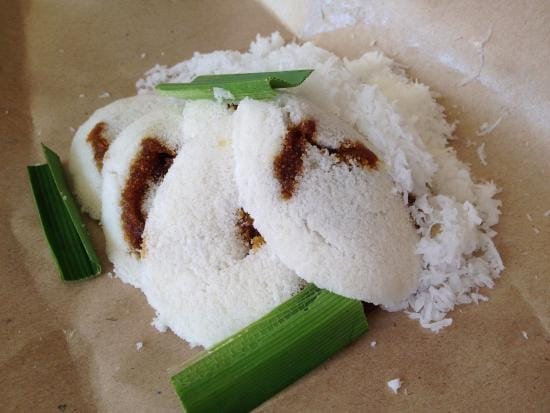
3. Cultural Significance
Putu Piring is more than just a dessert; it’s a cultural icon. Often served during festive occasions like Hari Raya, it brings families and communities together. The act of sharing Putu Piring is seen as a gesture of goodwill and unity, making it a significant part of Singaporean social fabric.
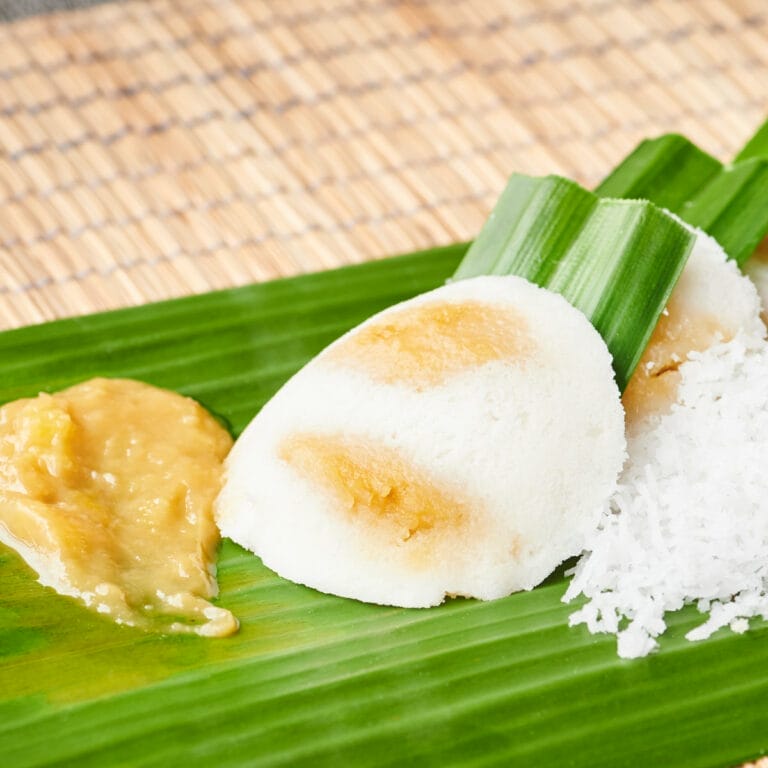
4. Variations Across Regions
While the basic ingredients remain the same, Putu Piring has various regional adaptations. In some parts of Singapore, you’ll find versions with different fillings like chocolate or even durian! These variations add a unique twist to the traditional recipe.

5. The Perfect Pairing
Believe it or not, Putu Piring pairs excellently with tea. The sweetness of the palm sugar complements the bitterness of the tea, creating a harmonious blend of flavors. Next time you indulge in this dessert, consider pairing it with a cup of strong, aromatic tea.

6. Street Food vs. Fine Dining
In Singapore, Putu Piring is commonly found in hawker centres, but it’s also making its way into fine dining menus. Chefs are experimenting with gourmet versions, incorporating ingredients like matcha and saffron to elevate the dish.
_
Read Also:
Top 10 Best Eats at Kim Keat Palm Food Centre
_

7. The Health Benefits
While it’s a dessert, Putu Piring does offer some health benefits. The coconut used is a good source of healthy fats, and the palm sugar provides natural sweetness without the need for artificial additives. However, moderation is key, as it’s still a sugary treat.
8. The Role of Technology
The traditional method of making Putu Piring is labor-intensive, but technology is changing that. Modern kitchen appliances have made it easier to steam the rice flour and melt the palm sugar, making the process more efficient without compromising on taste.

9. The Global Appeal
Putu Piring is not just confined to Singapore; it has a global following. From food festivals in Europe to specialty stores in the United States, this Singaporean delicacy is making waves internationally.
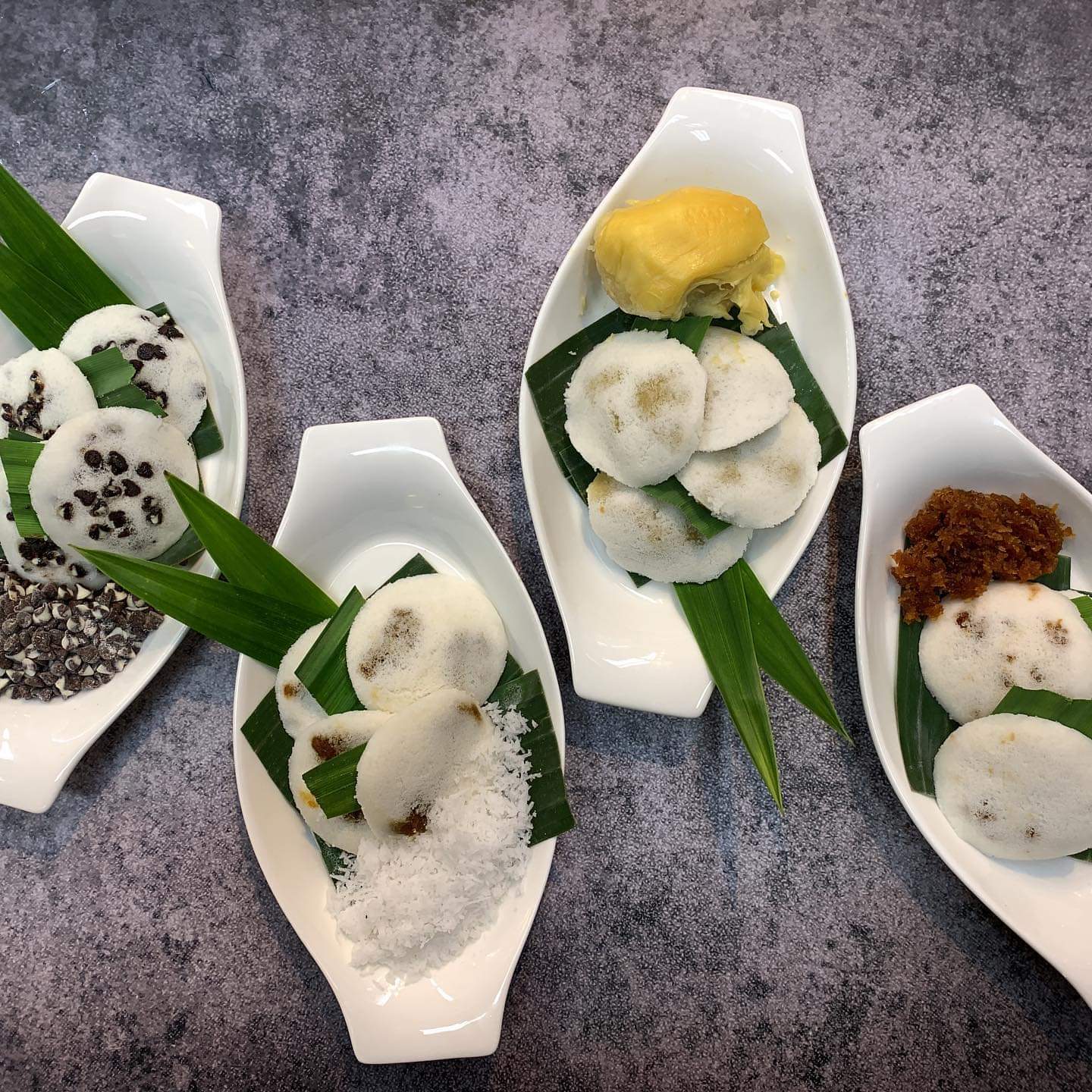
10. The Future of Putu Piring
As Singapore continues to evolve, so does Putu Piring. With the younger generation taking an interest in traditional foods, there’s a push for innovation while preserving its cultural essence. Expect to see more creative versions of this beloved dish in the years to come.
Conclusion
We hope you enjoyed this blog post about putu piring, one of the most loved traditional delicacies in Singapore. Putu piring is a round-shaped steamed rice flour cake filled with palm sugar and coconut, usually served on pandan leaves. It is a Malay dessert that has origins from India, and has many variations across Southeast Asia. It is made using special stainless steel molds with a flower shape, and requires skill and speed to prepare. Putu piring is not only a delicious snack, but also a cultural heritage that reflects the diversity and history of Singapore.

FAQ FOR 10 THINGS WE BET YOU DIDN’T KNOW ABOUT PUTU PIRING
Q: Where can I find authentic Putu Piring in Singapore?
A: Discover authentic Putu Piring delights at traditional markets like Geylang Serai or explore local dessert shops in Singapore.
Q: Are there any innovative Putu Piring variations available in Singapore?
A: Yes, some Singaporean chefs are adding modern twists to Putu Piring, experimenting with diverse fillings and creative presentations.
Q: Can I make Putu Piring at home?
A: Absolutely! Check out our blog for a simple Putu Piring recipe and try your hand at making this delicious Indonesian treat at home.
Q: What makes Putu Piring a unique dessert in Singapore?
A: Putu Piring’s unique blend of steamed rice cake, palm sugar filling, and aromatic pandan leaves sets it apart as a beloved and distinctive Singaporean dessert.
Q: Is Putu Piring suitable for vegetarians in Singapore?
A: Yes, Putu Piring is vegetarian-friendly. Its main ingredients include rice flour, palm sugar, and pandan leaves, making it suitable for vegetarians.
Q: Can I order Putu Piring online for delivery in Singapore?
A: Certainly! Many local dessert shops offer online ordering and delivery services, bringing the delightful taste of Putu Piring straight to your doorstep.

Have an Article to Suggest?
Tropika Club is always looking for new and exciting content to feature in their magazine and they value the input of our readers. If you have any noteworthy content or articles that you believe would be a great addition to Tropika Club’s magazine, we are open to suggestions and encourage you to reach out to us via email at [email protected]. By doing so, Tropika Club values your expertise and knowledge in the matter and appreciates your willingness to help. We will review your recommendations and update our list accordingly
Meanwhile, Check Out Tropika Club’s Ecosystem of Websites
Tropika Club Magazine – Tropika Club Magazine is a Singapore-based publication that features articles on a wide range of topics with a focus on local businesses and content for the region. The magazine emphasizes supporting local businesses through its #SupportLocal initiative, which includes coverage of everything from neighborhood hawker stalls to aesthetic clinics in town. In addition to highlighting local businesses, Tropika Club Magazine also covers a variety of local content, including beauty, lifestyle, places, eats, and what’s on in Singapore and the Asia Pacific region.



